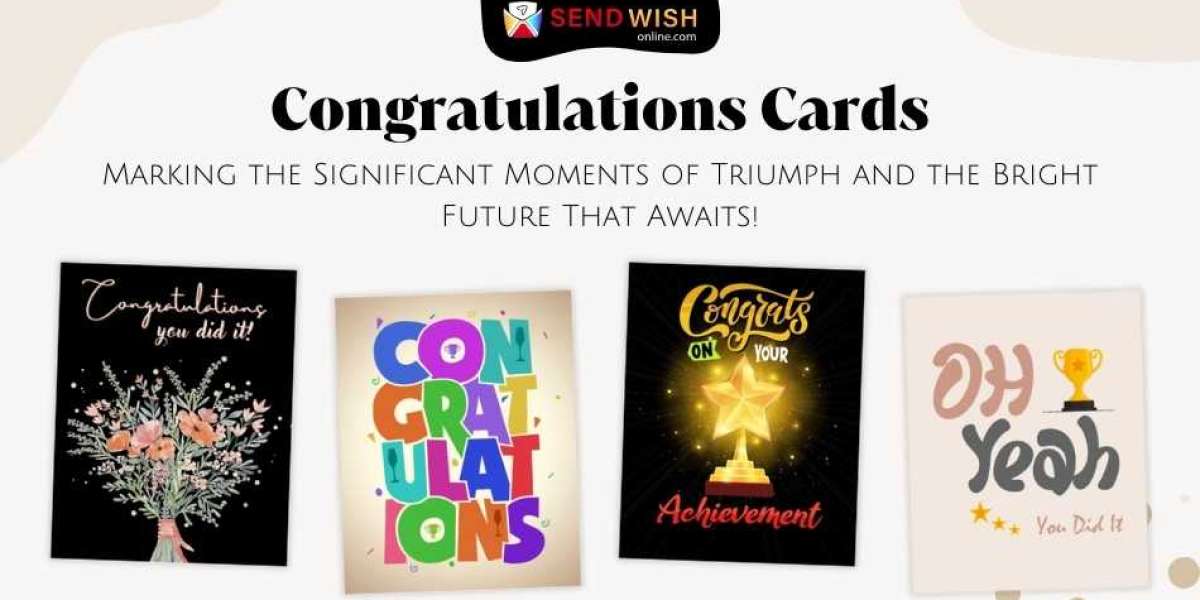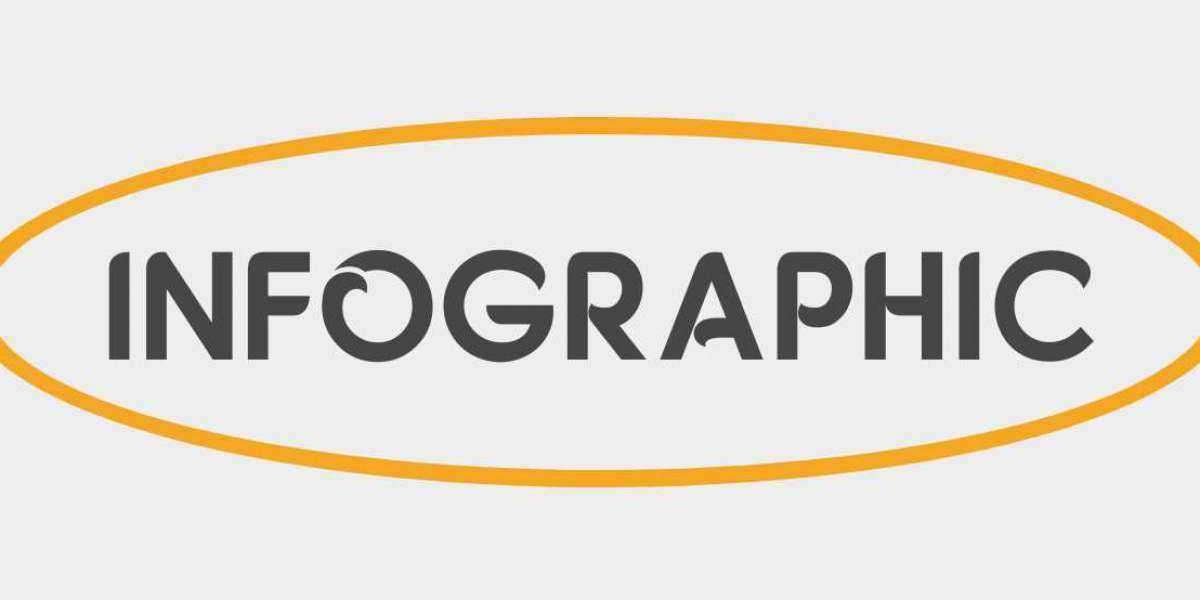It can be difficult to maintain happy and healthy relationships in the hectic and stressful world of today. Whether you're struggling with communication issues, trust issues, or simply feeling disconnected from your partner, seeking help from a relationship counselor can be a valuable resource to improve your relationship. However, when is the best time to ask for assistance? And what exactly does relationship counseling entail? In this article, we will explore the role of relationship counseling and discuss when it may be beneficial to seek the guidance of a trained professional.
What is Relationship Counseling?
Relationship counseling, also known as couples therapy or marriage counseling, is a type of therapy that helps couples identify and resolve issues within their relationship. A relationship counselor is a trained mental health professional who specializes in working with couples to improve communication, resolve conflicts, and strengthen emotional bonds. The goal of relationship counseling is to help couples gain a deeper understanding of each other, develop healthy coping mechanisms, and create a more positive and supportive relationship dynamic.
The Role of a Relationship Counselor
An online therapist acts as a neutral mediator, creating a safe and non-judgmental virtual space for couples to explore their feelings and concerns. The therapist will help identify unhealthy patterns of communication or behavior, facilitate open and honest dialogue between partners, and provide tools and strategies to improve the relationship. Online therapy can help couples navigate difficult issues such as infidelity, financial stress, or parenting disagreements, and can provide valuable insights and perspectives on how to move forward in a healthy and constructive way.
When to Seek Help
It's important to recognize when your relationship may benefit from the intervention of a relationship counselor. The following are typical indicators that it might be time to get help:
- Communication Breakdown: If you find yourselves constantly arguing, unable to resolve conflicts, or feeling misunderstood by your partner, it may be helpful to seek the guidance of a relationship counselor to improve communication skills and develop effective conflict resolution strategies.
- Trust Issues: If trust has been broken in the relationship, whether through infidelity or other breaches of trust, a relationship counselor can help facilitate open and honest conversations about rebuilding trust and restoring intimacy.
- Lack of Connection: If you feel disconnected from your partner, emotionally distant, or lacking in intimacy, relationship counseling can help you identify underlying issues and work towards rebuilding emotional bonds and connection.
- Major Life Transitions: Life transitions such as moving, changing jobs, or starting a family can put strain on a relationship. Relationship counseling can help couples navigate these transitions and work together to support each other through challenging times.
The Benefits of Relationship Counseling
Relationship counseling offers numerous benefits for couples looking to improve their relationship. The following are a few possible advantages of relationship counseling:
- Improved communication and conflict resolution skills
- Increased emotional intimacy and connection
- Enhanced empathy and understanding of each other's perspectives
Development of healthy boundaries and expectations within the relationship
Overall, relationship counseling can provide couples with the tools and support they need to navigate challenges, resolve conflicts, and build a stronger and more fulfilling relationship.
In conclusion, seeking help from a relationship counselor can be a valuable resource for couples looking to improve their relationship. Whether you're facing communication issues, trust issues, or simply feeling disconnected from your partner, relationship counseling can provide a safe and supportive environment to explore your feelings and concerns. If you're unsure whether relationship counseling is right for you, consider reaching out to a trained professional for a consultation. Remember, it's never too late to seek help and work towards creating a healthier and happier relationship.



